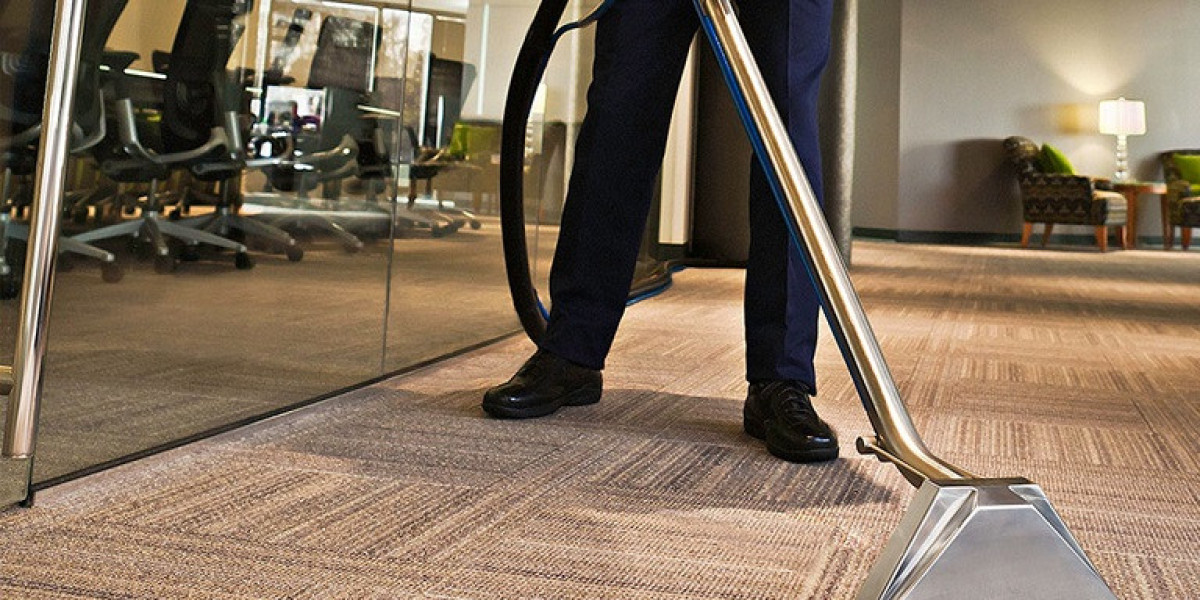
Understanding Replacement Keys: Your Guide to Key Duplication and Replacement Options
Keys are a vital part of every day life, working as the gateways to our homes, lorries, and other secured areas. Nevertheless, losing or damaging a key can cause significant inconvenience and expenditures. Replacement keys provide a useful solution, but the procedure can differ depending on the type of key and the provider. This post will explore the various kinds of keys, the replacement key for My car process, and supply important details to help you browse the world of key duplication and replacements.

Table of Contents
- Intro
- Kinds of Keys
- 2.1 Traditional Keys
- 2.2 Transponder Keys
- 2.3 Key Fobs
- 2.4 Smart Keys
- The Replacement Process
- 3.1 DIY vs Professional Replacement
- 3.2 Cost Considerations
- Often Asked Questions
- Conclusion
1. Introduction
Replacement keys are essential in scenarios where the initial key is lost, taken, or harmed. Comprehending your options and the replacement process can save time, money, and tension. Whether you require a basic metal key or a sophisticated electronic key, knowing the best actions can lead you to the very best option.
2. Kinds of Keys
Keys come in numerous kinds, each representing different locking systems. Here are the most common kinds of keys:
2.1 Traditional Keys
Standard keys are generally made from metal and have a straightforward design. They are frequently utilized for domestic doors and simple locks.
- Pros: Easily duplicated, affordable.
- Cons: Can be easily lost or duplicated, less safe and secure than modern-day options.
2.2 Transponder Keys
Transponder keys are geared up with a chip that communicates with the vehicle's ignition system. They provide extra security versus unapproved use.
- Pros: Enhanced security, hard to duplicate without appropriate devices.
- Cons: More expensive to replace, might require programs.
2.3 Key Fobs
Key fobs are remote gadgets frequently used for keyless entry in vehicles. They may include additional functions such as panic buttons or trunk release.
- Pros: Convenience of keyless entry, features beyond simply locking/unlocking.
- Cons: Higher replacement costs, might require dealership services.
2.4 Smart Keys
Smart keys use sophisticated innovation, typically enabling gain access to without getting rid of the key from your pocket or bag. These keys interact wirelessly with the vehicle.
- Pros: Highly convenient, integrated with advanced security functions.
- Cons: Expensive, can be hard to replace if lost.
| Type | Pros | Cons |
|---|---|---|
| Conventional Keys | Easily duplicated, cost-efficient | Easily lost, less safe |
| Transponder Keys | Enhanced security | Pricey to replace |
| Key Fobs | Convenient, extra features | Greater replacement expenses |
| Smart Keys | Extremely convenient | Really costly |
3. The Replacement Process
The process of obtaining a replacement key varies based upon the type of key and where you select to choose replacement. Below are the main choices:
3.1 DIY vs Professional Replacement
- DIY Replacement:
- Use key duplication packages offered at hardware stores.
- Program transponder keys utilizing gadgets that might be leased or bought.
- Expert Replacement:
- Visit a locksmith for conventional keys.
- For high-tech keys (like fobs or wise keys), it might be necessary to go to a dealer or specialized provider.
3.2 Cost Considerations
The expense of replacement keys can vary significantly based upon the type:
- Traditional Keys: ₤ 1-₤ 5 per key.
- Transponder Keys: ₤ 50-₤ 150 per key (including shows).
- Key Fobs: ₤ 50-₤ 300 or more, depending upon the design and functions.
- Smart Keys: ₤ 200-₤ 600, frequently depending on dealership costs and shows.
Expense Comparison Table
| Key Type | Estimate Cost | Where to Replacement |
|---|---|---|
| Standard Keys | ₤ 1-₤ 5 | Local hardware stores |
| Transponder Keys | ₤ 50-₤ 150 | Locksmiths or car dealerships |
| Key Fobs | ₤ 50-₤ 300 | Dealers |
| Smart Keys | ₤ 200-₤ 600 | Car dealerships |
4. Regularly Asked Questions
Q1: How can I get a replacement key for my car?
To get a replacement key for your car, contact your dealer, a certified locksmith, or a specialized key service. You may require to offer ownership proof, such as registration.
Q2: Are all keys easily replicated?
Not all keys can be duplicated quickly. Traditional keys can be rapidly copied, while transponder keys and clever keys might require customized equipment or programming, making them harder and more expensive to replicate.
Q3: What should I do if I lose my last key?
If you lose your last key, it's a good idea to get in touch with a locksmith or your car dealership immediately. Having your vehicle recognition number (VIN) or proof of ownership all set will accelerate the replacement process.
Q4: Can I replace a wise key in your home?
Generally, clever keys require expert support to replace, as they frequently involve shows that can't be done utilizing DIY techniques. Going to a car dealership is recommended.
5. Conclusion
The world of replacement keys incorporates a variety of options, each with its considerations concerning cost, ease of access, and benefit. Understanding the distinctions between conventional and electronic keys, along with understanding the replacement procedure, can considerably reduce the problem of losing or harming your keys. Must the unfortunate situation occur where a key is lost or damaged, being notified about your options ensures a smoother replacement experience.








